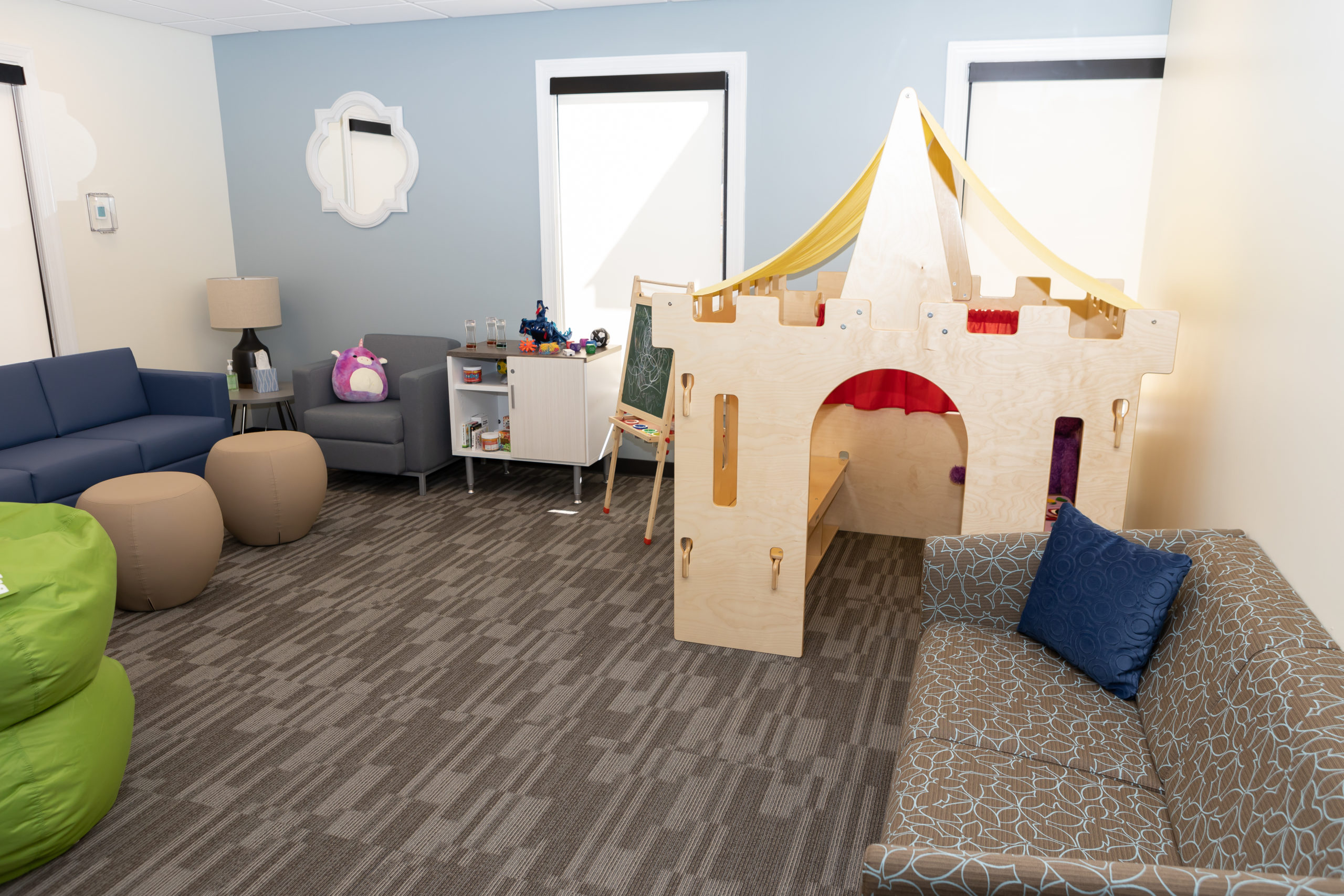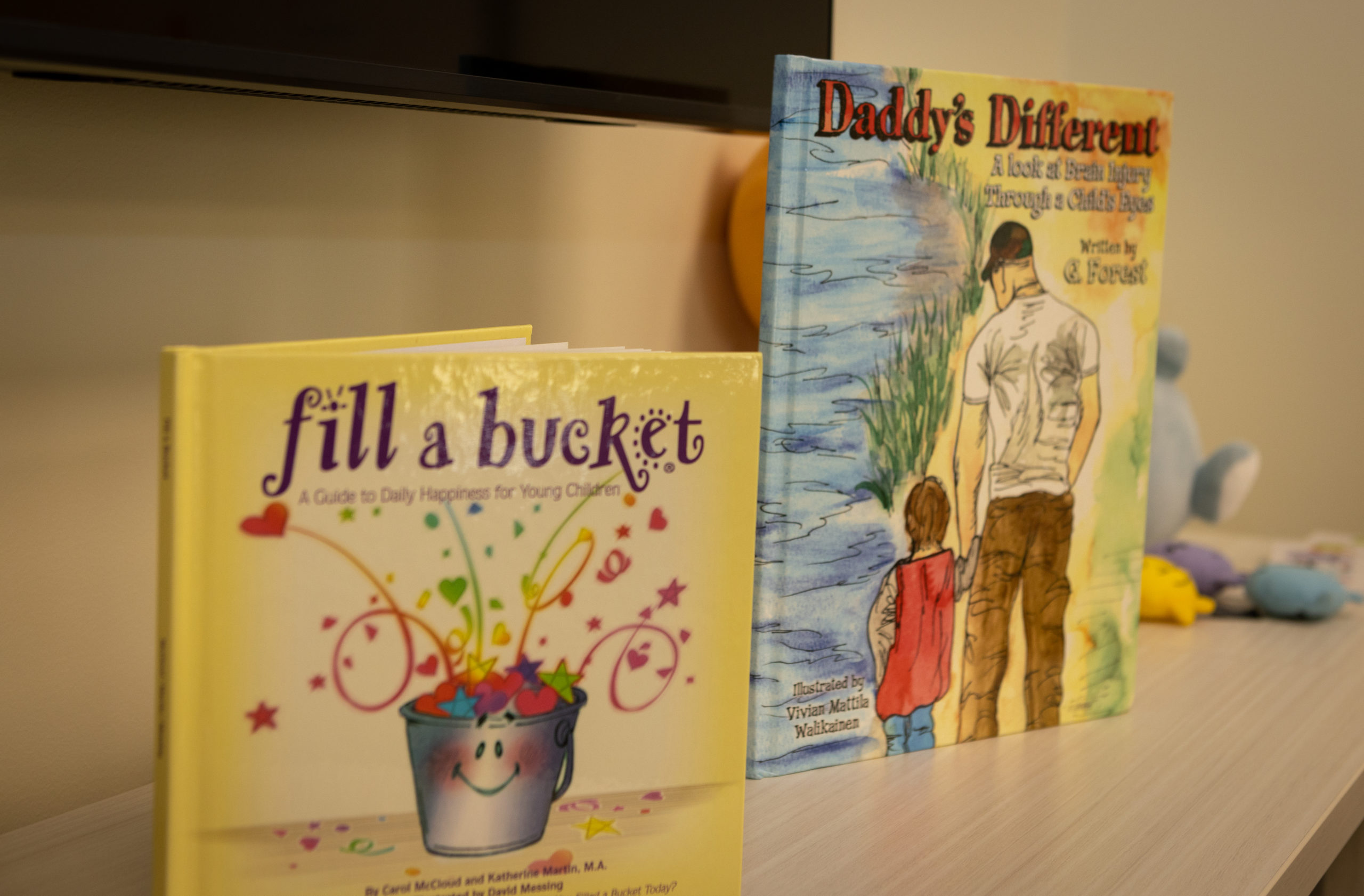 As the conflict in Ukraine evolves, we continue to see disturbing images and hear troubling stories in the news and on social media. As our children consume this graphic content, they may express worry or fear. What can parents do in support of their kids’ mental health? Bobbi Pate, LCMHC, RPT, a clinician with The Steven A. Cohen Military Family Clinic at Hope for The Warriors, has five tips to help parents manage their children’s concerns related to Ukraine, or other distressing world events as they arise:
As the conflict in Ukraine evolves, we continue to see disturbing images and hear troubling stories in the news and on social media. As our children consume this graphic content, they may express worry or fear. What can parents do in support of their kids’ mental health? Bobbi Pate, LCMHC, RPT, a clinician with The Steven A. Cohen Military Family Clinic at Hope for The Warriors, has five tips to help parents manage their children’s concerns related to Ukraine, or other distressing world events as they arise:
Let Your Kids Lead – Keep your conversations age appropriate and don’t make assumptions about what your kids may or may not know. Ask clarifying questions. For example, if your child is worried the conflict may start WWIII, you might respond by saying, “Tell me more about that. What does that mean? What do you think is going to happen?” Then, reassure them that they are safe, and let them know that a lot of people are working to help the people in Ukraine. Depending on their age, you might consider guiding them towards ways in which they can help.
Look Out for Changes in Behavior -Some children’s stress may manifest as physical symptoms, such as stomach aches or sleeplessness, or in their behavior, such as clinginess to caregivers or not wanting to attend school. Their worries may also manifest as negative or irritable behaviors. To help with the physical symptoms, it may be beneficial to provide them with winding down activities. Giving them a few extra cuddles could also be helpful in reassuring your child. It is important to help them maintain their healthy routine.
Present an Open invitation to Talk – Put your kids in the driver’s seat by inviting them to talk to you about their concerns when they are ready. This will give them control, which can help them feel a sense of security. For example, you might say, “If you have any questions, or want to talk, I am here for you if and when you are ready.”
 Validate Feelings & Be Honest – Don’t dismiss your child’s concerns or fears, instead validate their feelings. For example, if they’re concerned that a parent might have to deploy, instead of saying “Don’t worry about it. It will all be ok.” Try, “There might be a possibility that I will have to respond. I can see how that might worry you. But I have trained for this, and I’m going to do everything I can to be safe.”
Validate Feelings & Be Honest – Don’t dismiss your child’s concerns or fears, instead validate their feelings. For example, if they’re concerned that a parent might have to deploy, instead of saying “Don’t worry about it. It will all be ok.” Try, “There might be a possibility that I will have to respond. I can see how that might worry you. But I have trained for this, and I’m going to do everything I can to be safe.”
Use Grounding/Relaxation Strategies – Help your child combat negative feelings by visualizing a calm or safe space. Talk them through creating a place in their mind, real or imagined, that they can tap into whenever and wherever to bring about a sense of calm. Ask them to imagine what they see, hear, smell, taste and touch to tap into the sensory aspects of their place and make it more calming and secure. Other ways your child can quiet their mind and relax are listening to calming music, doing yoga, or practicing balloon breathing/belly breaths.Check out a variety of helpful content in CVN’s special Month of the Military Child resources page.
By Kate Sullivan
Senior Manager, CVN Newsroom
